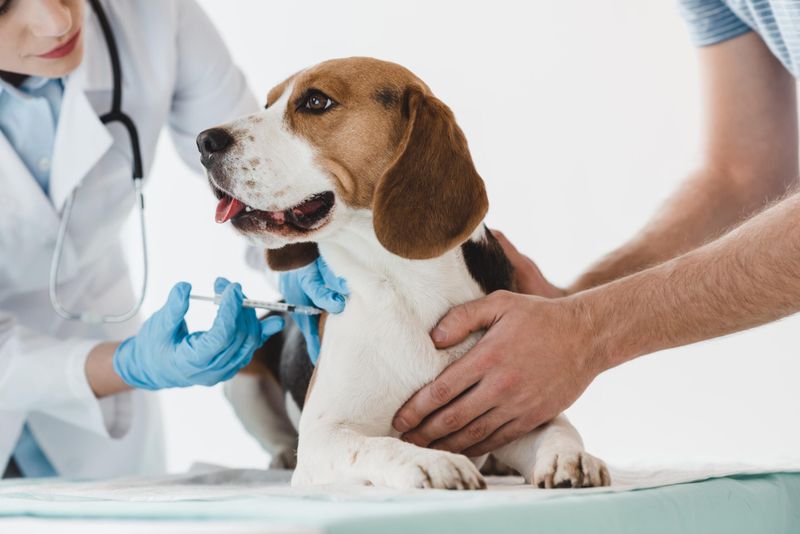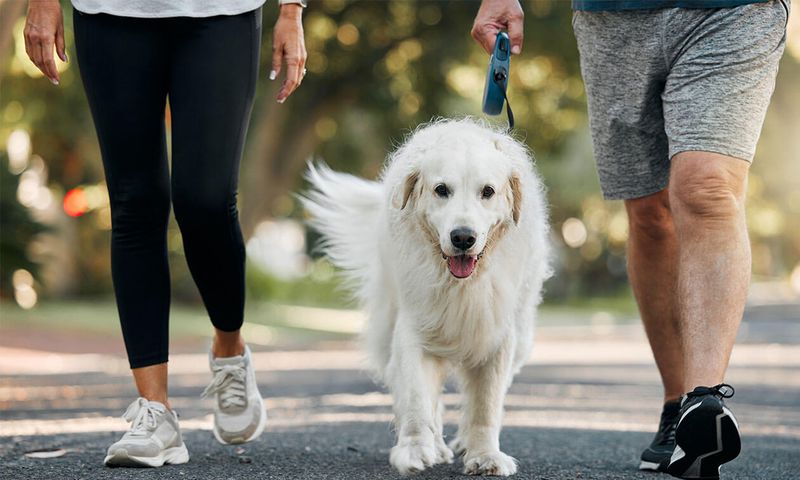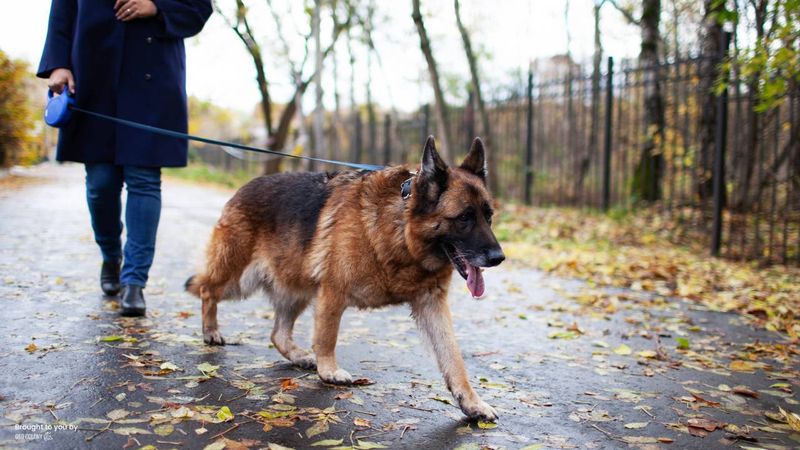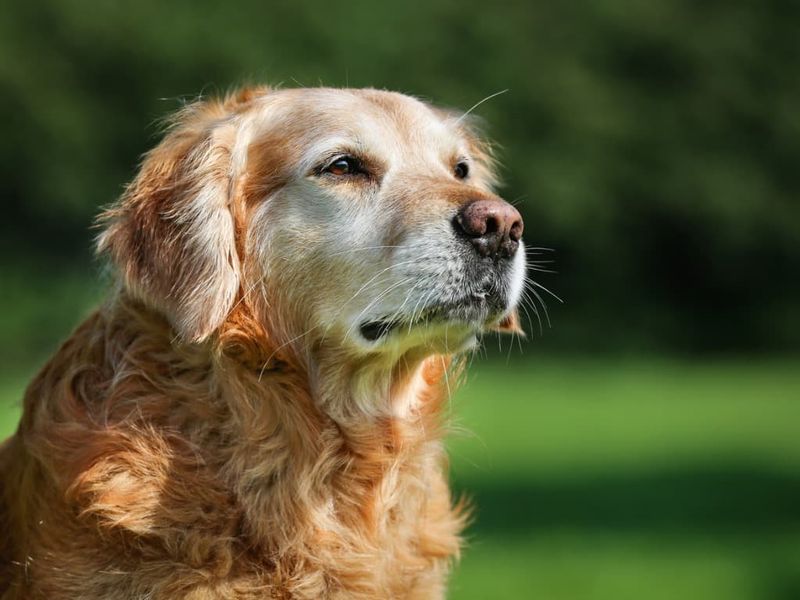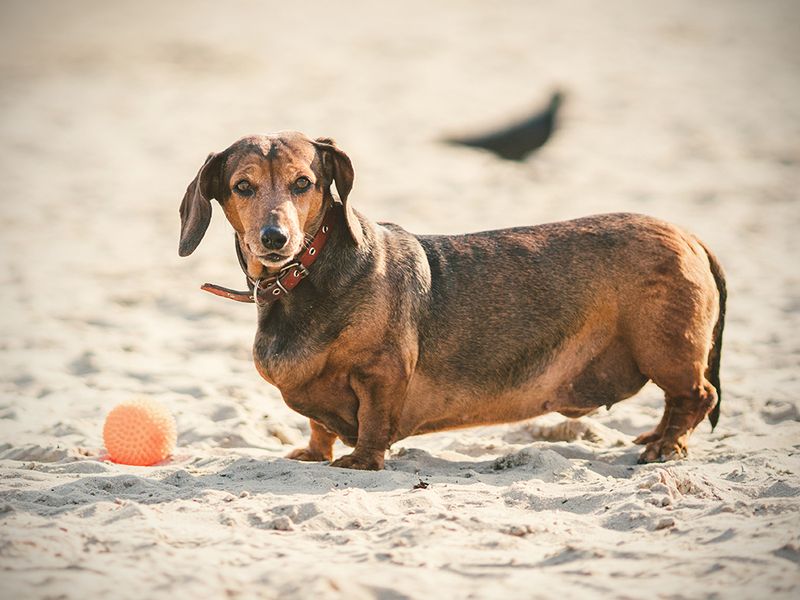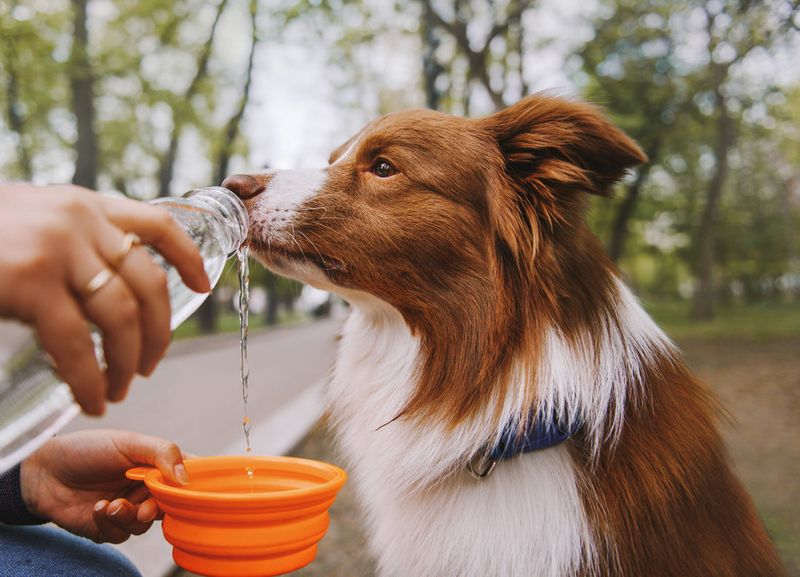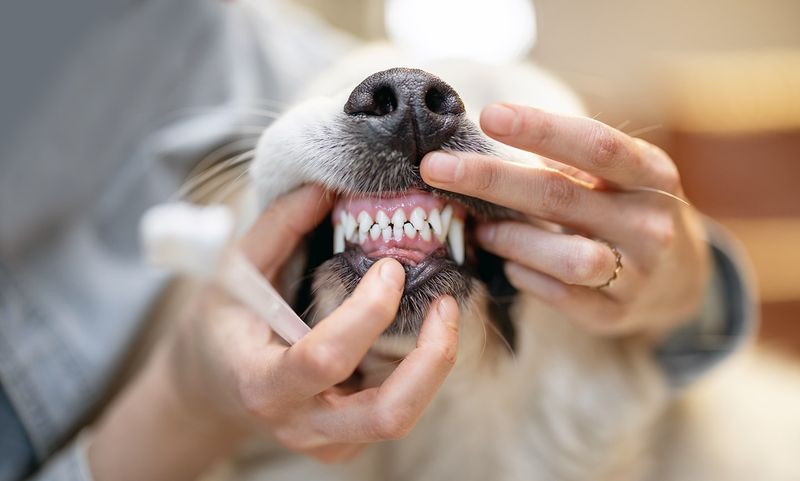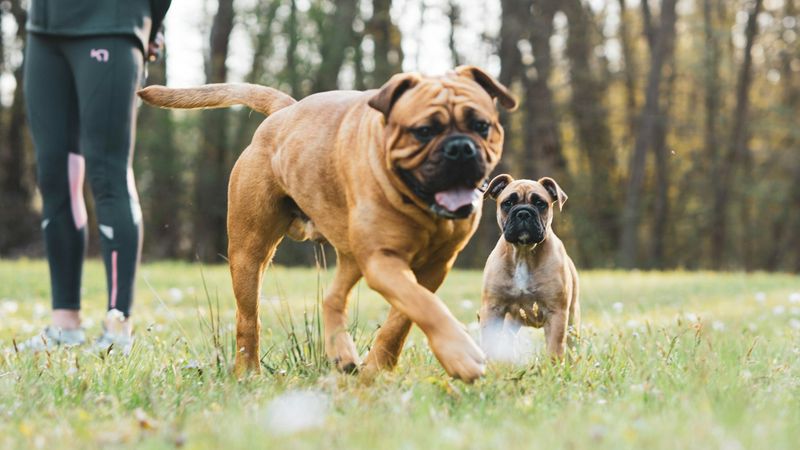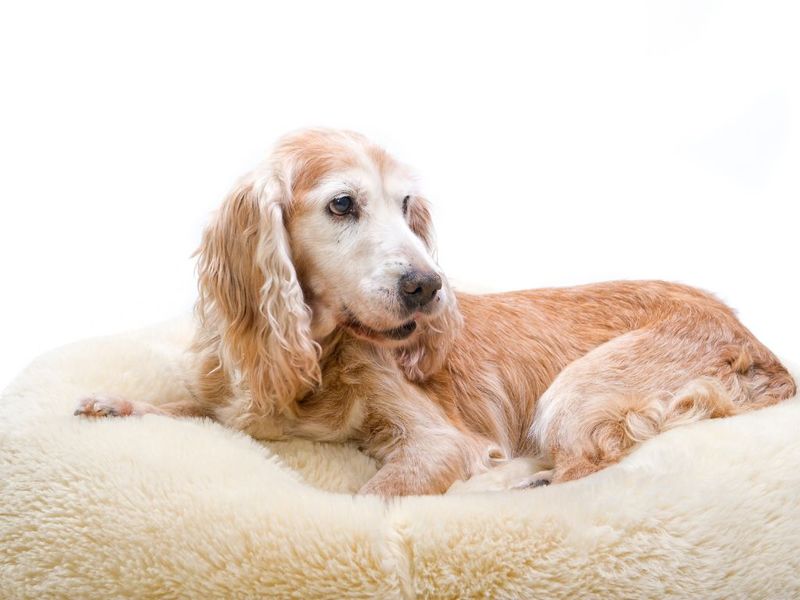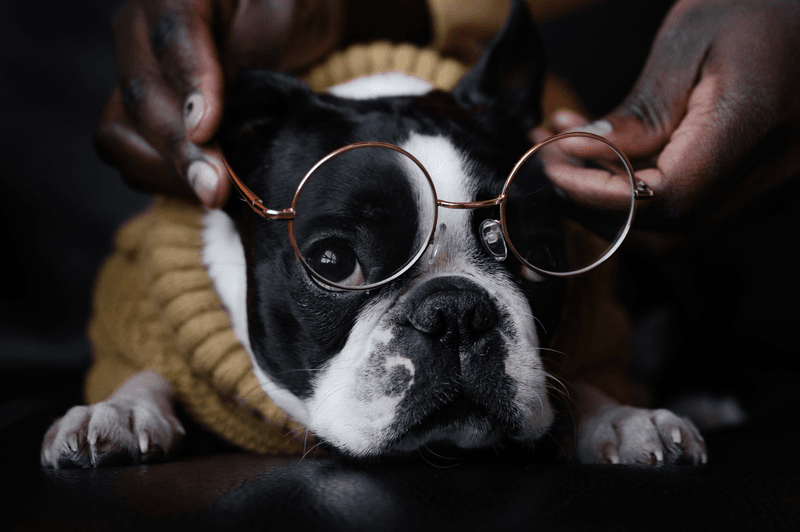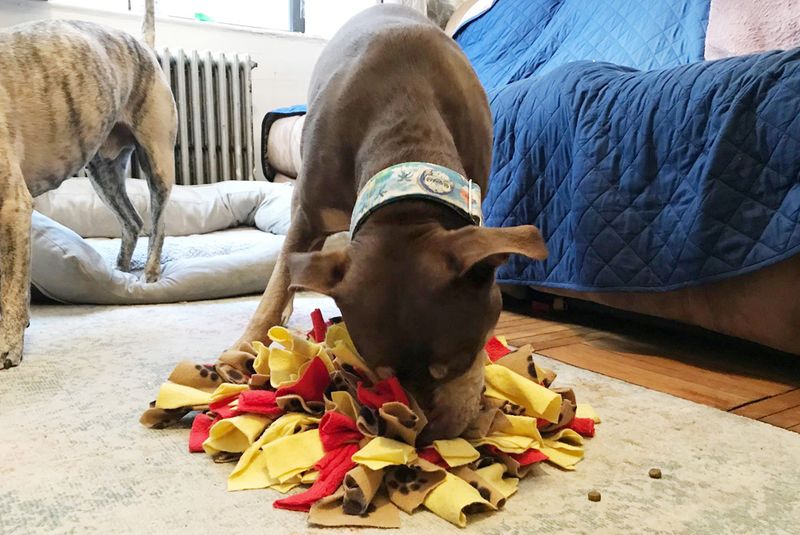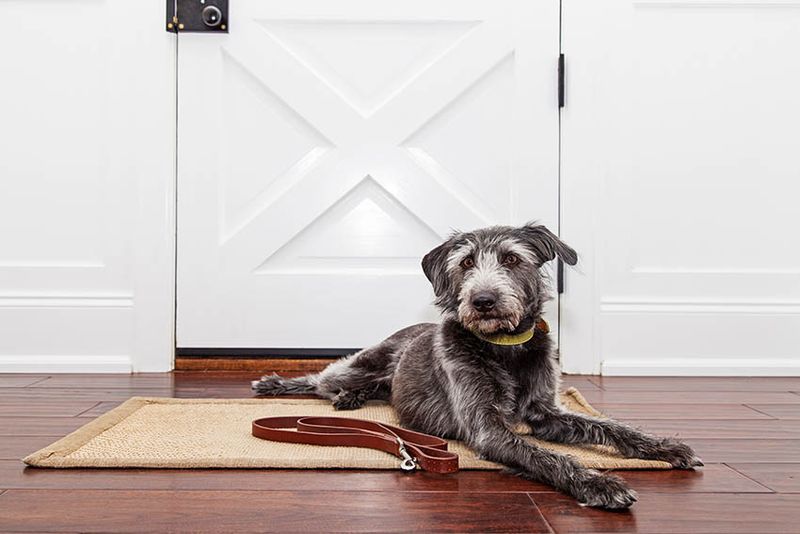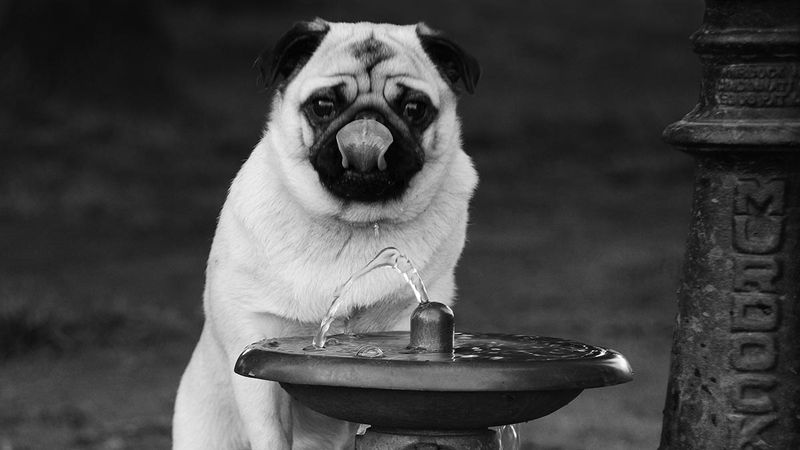Caring for senior dogs requires special attention and understanding. As our furry friends age, their needs change, requiring new strategies to ensure they live their golden years happily and healthily. From dietary adjustments to regular vet visits, each aspect plays a crucial role in enhancing their life quality. This blog post uncovers 18 essential secrets that will help improve the lives of senior dogs, making their later years some of their best. Whether you’re a seasoned dog owner or new to caring for older pets, these insights will transform your approach to senior dog care.
Regular Vet Check-Ups
Consistent veterinary visits become crucial as dogs age. Early detection of health issues can significantly impact treatment success and longevity. Schedule bi-annual check-ups to catch potential problems like arthritis or dental disease early.
Regular blood tests and screenings help monitor organ function and detect underlying health concerns. A proactive approach enables tailored health plans, ensuring your furry friend stays vibrant.
Fun fact: Veterinarians can often spot signs of health issues long before they become apparent to pet owners. These visits offer peace of mind and keep your companion’s health in check.
Comfortable Sleeping Arrangements
Older dogs appreciate a comfortable, supportive bed. Orthopedic beds with memory foam can alleviate joint pain and provide a restful night’s sleep. Consider a bed that retains warmth, as aging dogs may struggle with regulating body temperature.
Place the bed in a quiet area to minimize disturbances. Keeping it off cold floors adds extra comfort, especially during colder months.
Creating a sleep environment that feels safe and cozy can enhance your dog’s rest quality, directly impacting their overall health and mood. A well-rested dog is a happier dog.
Routine Exercise
Though their pace may have slowed, senior dogs still require regular exercise to maintain health. Daily walks help keep muscles toned and joints flexible, reducing stiffness and pain.
Adapt activities to suit energy levels, such as gentle fetch or swimming, known for low joint impact. Exercise also supports mental health, combating boredom and anxiety.
Engaging in consistent, low-impact exercise enhances both physical and emotional well-being. A daily stroll in the park or a swim can be the highlight of your dog’s day, promoting longevity and vitality.
Mental Stimulation
Mental engagement is key to a senior dog’s happiness. Interactive toys and puzzles challenge their minds, keeping them sharp and curious. Introduce new activities slowly, adjusting to their comfort level.
Games like hide and seek or learning new tricks can be stimulating and rewarding. Mental exercise is as vital as physical activity, reducing the risk of cognitive decline.
Providing a variety of mental challenges can enhance your dog’s quality of life, making every day an adventure. A playful, mentally active dog is often a healthier, more content companion.
Joint Health Support
Joint health becomes a priority as dogs age. Supplements like glucosamine and chondroitin can support cartilage health and reduce inflammation. Regular gentle massages can alleviate stiffness and promote circulation.
Swimming provides an excellent low-impact exercise, ideal for maintaining joint function without strain. Consult a vet for personalized joint health strategies, ensuring comfort and mobility.
With the right care, your dog can enjoy an active lifestyle well into their senior years, bounding with joy and playfulness. Supporting joint health means more wagging tails and fewer aches.
Tailored Diets for Seniors
Aging dogs require diets that cater to their specific nutritional needs. As metabolism slows, consider foods rich in proteins but lower in calories to prevent weight gain. Enhanced fiber content aids digestion, while joint supplements support mobility.
Incorporate omega-3 fatty acids to promote a shiny coat and healthy skin. Consulting a veterinarian for a tailored diet plan ensures all essential nutrients are covered. Did you know? Senior dogs benefit immensely from antioxidant-rich foods, boosting their immune systems.
Monitoring food intake and adjusting portions can make a significant difference in your dog’s overall wellbeing.
Maintaining a Healthy Weight
Weight management is crucial for senior dogs to prevent health issues. Excess weight strains joints and can lead to diabetes or heart disease. Regularly monitor and adjust food portions based on activity level and metabolism.
Opt for healthy, low-calorie treats to satisfy without adding pounds. Engage in regular mild exercise to maintain an ideal weight, enhancing overall health.
A balanced diet tailored to senior needs ensures longevity and reduces the risk of obesity-related conditions. Keeping your dog’s weight in check is a gift of health and vitality.
Hydration is Key
Staying hydrated is essential for a dog’s health, especially in their senior years. Older dogs may not feel as thirsty, so encourage frequent water intake by providing fresh, clean water at all times.
Consider using a water fountain to entice drinking, as many dogs enjoy the flowing water feature. Monitor intake closely, as decreased consumption can signal health issues.
Proper hydration supports organ function, digestion, and joint health, ensuring your dog remains vibrant and energetic. Water is a simple yet vital component in maintaining your dog’s well-being.
Dental Care
Dental health is often overlooked but crucial for senior dogs. Regular brushing keeps teeth clean, preventing tartar build-up and gum disease. Use dog-specific toothbrushes and toothpaste to ensure safety and effectiveness.
Schedule professional cleanings as needed to maintain oral health. Dental chews can be a tasty addition to your dog’s routine, promoting cleaner teeth while satisfying chewing instincts.
A healthy mouth contributes to overall health, reducing the risk of systemic diseases linked to poor oral hygiene. A bright smile signifies a happy, healthy dog, ready for life’s adventures.
Regular Grooming
Grooming is more than aesthetics; it’s vital for a senior dog’s health. Regular brushing removes loose fur and prevents matting, while also being a bonding activity.
Check for skin abnormalities like lumps or irritations during grooming sessions. Bathing with gentle shampoos keeps skin healthy and reduces odor.
Well-groomed dogs feel comfortable and are often more active and social. By maintaining a regular grooming routine, you enhance your dog’s comfort and health, ensuring they look and feel their best every day.
Social Interaction
Socializing remains important even in a dog’s later years. Regular interaction with other dogs and people keeps them mentally sharp and emotionally balanced. Visit dog-friendly parks for social playtime.
Keep an eye on energy levels to avoid over-exertion. New interactions stimulate the mind, fostering curiosity and joy.
Social dogs often exhibit fewer behavioral issues, enjoying a fuller, happier life. By encouraging regular socialization, you ensure your dog remains connected and engaged with the world around them.
Stress Reduction
Stress can affect dogs, especially as they age. Creating a calm environment with minimal noise and stressors helps maintain their well-being.
Introduce calming aids like soft music or diffused lavender oil to ease anxiety. Regular routine and familiar surroundings also contribute to a stress-free life.
A relaxed dog experiences better health and happiness, and reducing stress can add years to their life. By understanding and addressing stressors, you create a sanctuary that promotes peace and joy.
Vision and Hearing Support
As dogs age, vision and hearing may decline. Protecting their senses becomes vital. Sunglasses can shield sensitive eyes from harmful UV rays, while regular check-ups detect issues early.
Make adaptations at home, like using verbal and tactile cues if hearing diminishes. Clear pathways of obstacles to aid navigation.
Supporting sensory health ensures your dog stays confident and independent. With a little extra care, they can continue exploring and enjoying their world.
Enriched Environment
Enhancing a dog’s environment with stimulating elements keeps them engaged and happy. Rotate toys and introduce new scents to pique interest. Engaging activities combat boredom and promote mental agility.
Set up safe indoor obstacle courses to challenge mobility and coordination. Regularly change the environment to keep it fresh and exciting.
An enriched setting provides countless opportunities for exploration and play, supporting overall well-being and joy. Your dog’s home becomes a place of adventure and growth.
Consistent Routine
Consistency brings comfort, especially in older age. Establishing a regular routine helps dogs anticipate and adjust to daily activities, reducing anxiety.
Set fixed times for feeding, walks, and rest, creating a predictable pattern. Routines provide security, allowing your dog to relax and enjoy each day.
A well-structured life leads to a balanced, content canine. By maintaining consistency, you foster a sense of stability and happiness in your dog’s golden years.
Pain Management
Managing pain is crucial to a senior dog’s quality of life. Explore various options like medication, acupuncture, or physical therapy, tailored to individual needs.
Work closely with a vet to develop a comprehensive pain management plan. Recognizing signs of discomfort ensures timely intervention, improving life quality.
Effective pain management allows your dog to enjoy daily activities without hindrance, enhancing their overall happiness and longevity. Addressing pain early makes every day a little brighter.
Customized Playtime
Play remains essential, even in senior years. Customize games to match energy levels, ensuring they’re enjoyable without causing strain.
Use gentle toys and activities that stimulate without exhausting. Adapt play sessions to your dog’s pace, keeping them lively and engaged.
Personalized playtime nurtures the bond between you and your dog, bringing joy and vitality to every interaction. A happy dog is one that loves to play, no matter their age.
Keepsake Visits
Creating lasting memories can be as simple as revisiting favorite places. Special outings capture the joy of shared experiences and strengthen bonds.
Plan trips to dog-friendly locations, focusing on comfort and enjoyment. Capture these moments in photos, preserving memories for years to come.
Keepsake visits celebrate the life shared, enhancing the connection and adding happiness to both your lives. Cherish these times, creating a legacy of love and adventure.

